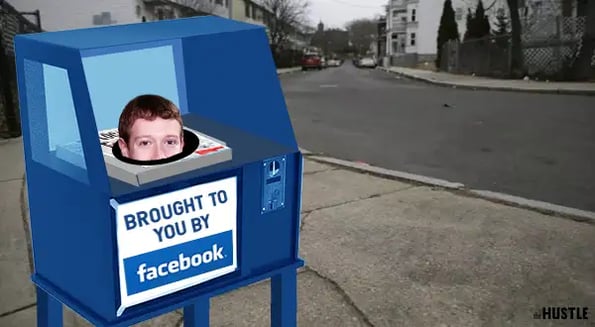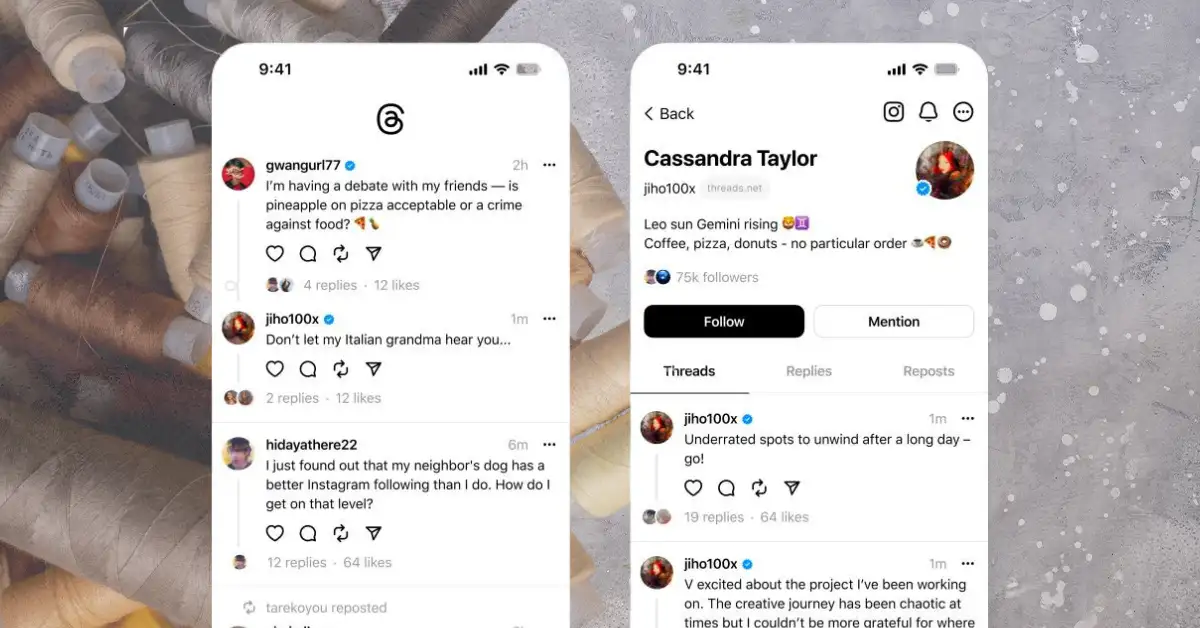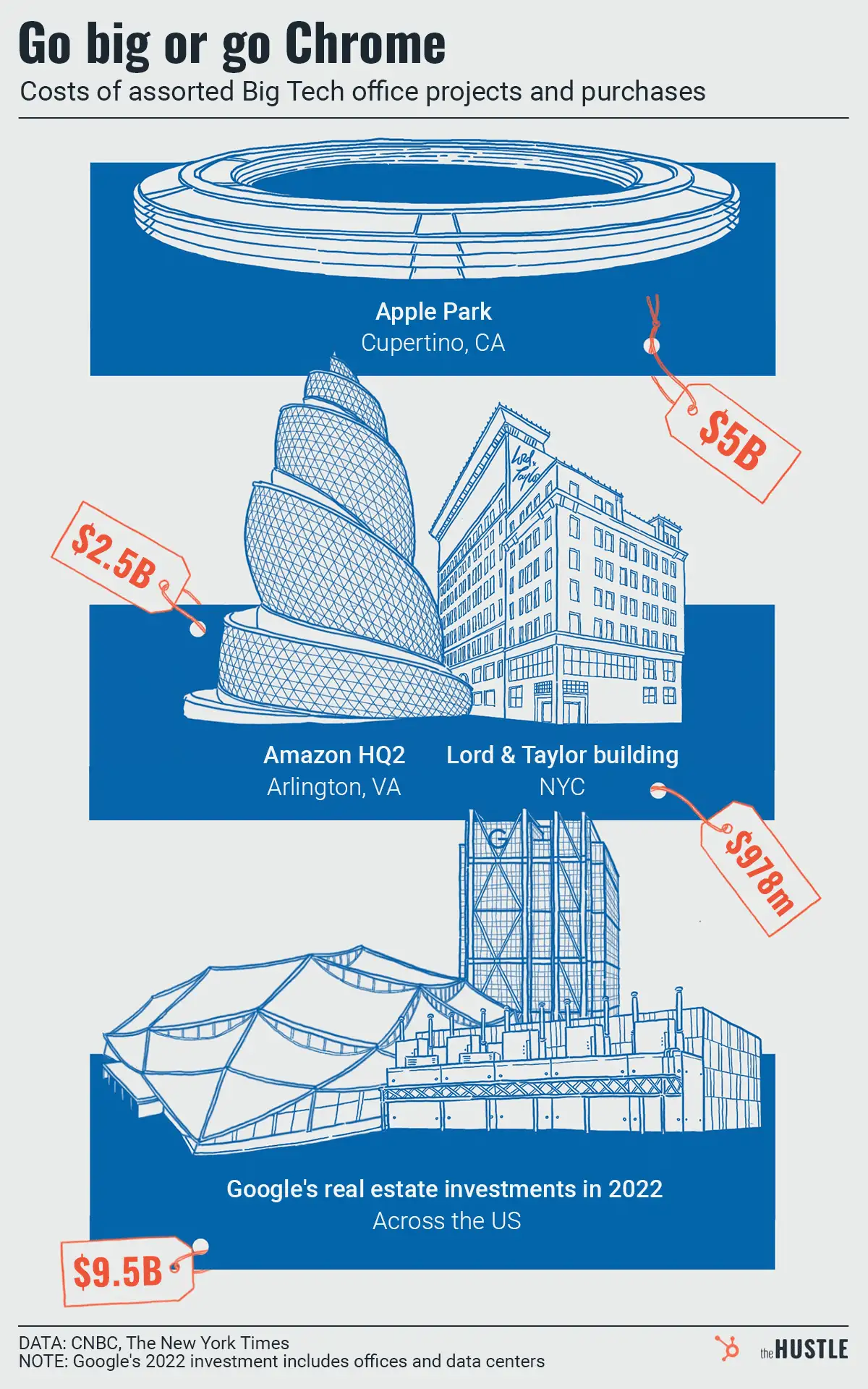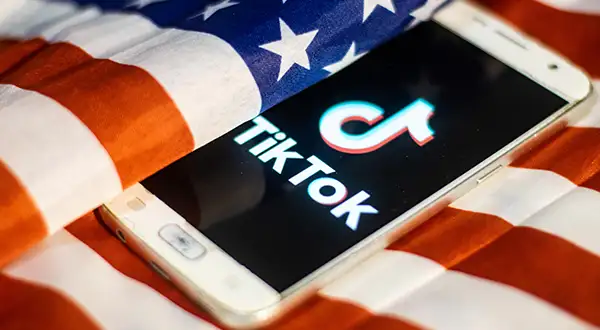Facebook announced it will invest $300m in news programs, partnerships, and content over the next 3 years.

Tech businesses created an algorithmic armageddon for local news outlets. But now, Facebook, Google, and other Silicon Valley saviors are paying to keep local news online.
Facebook wants to save face
For years, Facebook positioned itself as news agnostic — to use Sheryl Sandberg’s words, “[Facebook is] a tech company; we hire engineers. We don’t hire reporters, no one’s a journalist, we don’t cover the news.”
But, after investigators exposed the role of Facebook fake news in the 2016 US presidential election and other global events, Facebook has reluctantly acknowledged its impact on journalism.
Now, to atone for past mistakes and restore public trust, Facebook is investing $300m in the very local newsrooms that it ‘accidentally’ put on the endangered species list.
Say hello to News 2.0
Facebook will invest between $1m and $5m in each of 6 journalism nonprofits.
Facebook also plans to invest $20m — well more than the $16m it will give to all 6 nonprofits combined — on its own in-house news product, The Local News Subscriptions Accelerator.
So, based on the way it is spending its money, Facebook wants local news outlets to survive — but more importantly, it wants them to optimize their stories for Facebook.
Tech is loco for local news
Facebook isn’t the only tech company to invest strategically in local news: Last year, Google launched a $300m News Initiative, and just this week Google and WordPress partnered to create a news tool called ‘Newspack.’
Thanks to Facebook and Google, the tech and journalism industries are becoming increasingly interrelated — and several tech founders have begun investing in news media personally.
Amazon’s CEO Jeff Bezos owns the Washington Post, Salesforce CEO Marc Benioff owns Time Magazine, biotech mogul Patrick Soon-Shiong owns the LA Times, and Laurene Powell Jobs (widow of the late Apple CEO) owns The Atlantic.










